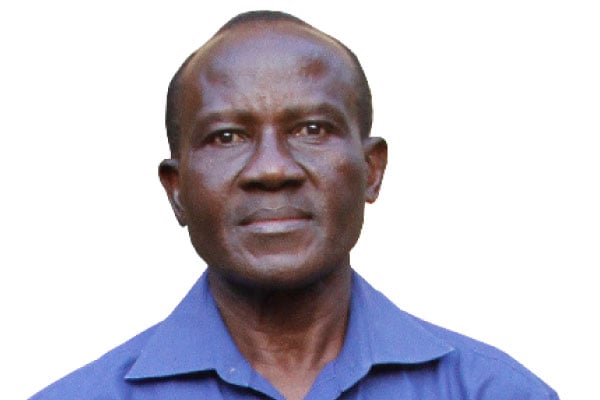Prime
Why Balokole cannot be counted properly by Ubos

Author: Alan Tacca. PHOTO/FILE
By his last two 6.30am Sunday talk shows on Impact FM and Dream TV, Pastor Joseph Sserwadda has a very low opinion of Uganda Bureau of Statistics (Ubos).
Sserwadda sees their ignorance in a draft form for the projected 2024 national census, which lists ‘Mammon’ instead of ‘Mormon’ in its categories of believers.
Ironically, whether it is ignorance or a careless spelling error (also a possibility), many Ugandans see our Balokole pastors as worshippers of Mammon, the biblical god of money. However, Sserwadda’s more serious quarrel with Ubos is the way the organisation records subscribers to his brand of Christianity.
He imagines a deliberate policy to keep their official numbers low. The insinuation is that Roman Catholics and Church of Uganda Anglicans, who each have a much larger and longer established presence in the country, want the challenge of the Balokole to be played down.
Sserwadda wants some of the religious organisations Ubos counts separately to be lumped under Balokole as one denomination. Now, I have used the Luganda word, Balokole, rather than the English descriptions of the group(s). Why; because Sserwadda himself was fidgeting to find the correct English equivalent of Balokole.
There is, in fact, no clear conception of Balokole, or who to exclude from the description.
Our Pentecostal churches are operated more or less as cults on a charismatic-owner basis. The problem is that pastors who want roles of leadership beyond their immediate followers want to pretend that there is a coherent Balokole church.
Visit any Church of Uganda (Anglican) congregation, you will find Balokole who swear that they are not part of the Pentecostal/Balokole Sserwadda is talking about, and who never attend Pentecostal churches.
You will also find Anglican Balokole who occasionally attend a Pentecostal church for ‘entertainment’, or as miracle-seeking speculators/gamblers, but return to their Anglican Church for every occasion or ceremony that matters to them. There are also such nomads in the Catholic Church.
The confusion Sserwadda wants to exploit is partly historical, partly linguistic.
Anglicans who became conscious of their rotten ways and decided to reform described that resolution as okulokoka. So, abalokole were/are reformed Anglicans. I repeat, reformed.
But they turned their subconsciously suppressed guilt into a superiority complex. Reformed Anglican rogues deluded themselves that they were superior to other Anglicans who had never been despicable rogues and who therefore did not need a dramatic declaration of reform.
Reform can be translated as kulokoka. But kulokoka can also be translated as getting saved! So the reformed rogues said they were ‘saved’.
However, although Jesus is the recognised Saviour of all Christians, regardless of their denomination, the reformed rogues now said that you needed to make a special declaration like them before Jesus could save you, your baptism and confirmation notwithstanding!
Enter the Pentecostal/Evangelicals and their supposed demon exorcisms and fake miracles. They hijacked the generalised description kulokoka and have spent decades attempting to limit its meaning to their witchcraft-influenced spiritualism, which they regard as the true Born-Again experience, even as they clash among themselves for followers and often call each other false prophets over their different worship practices.
This is a complex field where few critics tread. If Ubos finds itself facing charges of serving Anglican/Catholic interests, Sserwadda also has vested interests.
But Sserwadda is on record that genuine Born-Again/Balokole Christians are baptised by immersing, not sprinkling. If Ubos chooses to use this standard, how many Ugandans have been so initiated and carry a certificate?
And what do you call them in English, Uganda’s official language?
Mr Tacca is a novelist, socio-political commentator.
[email protected]



